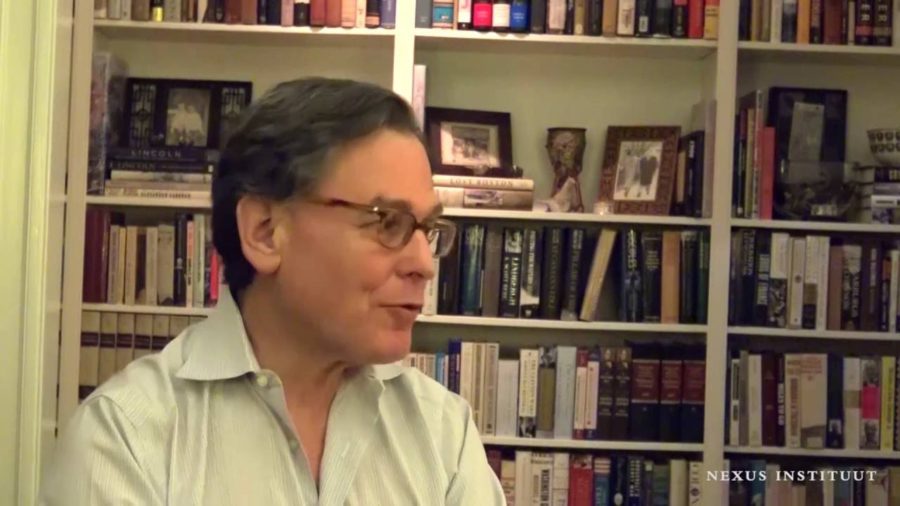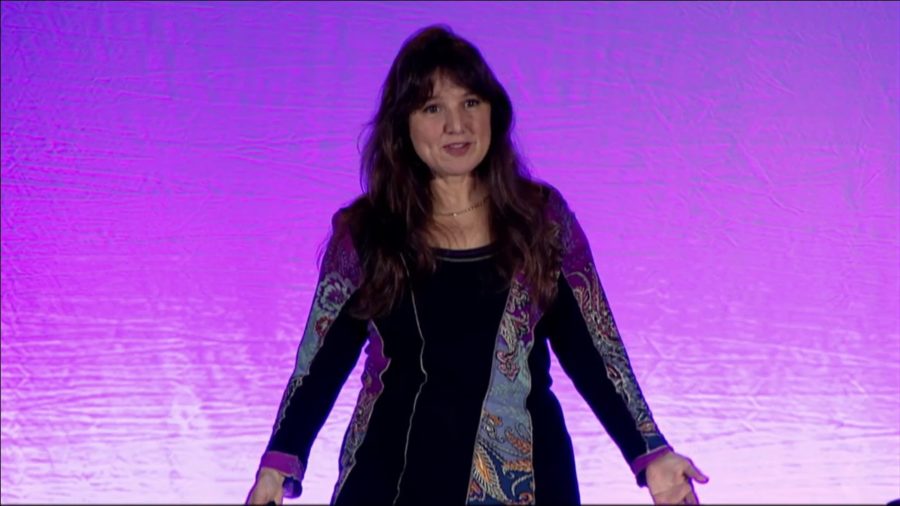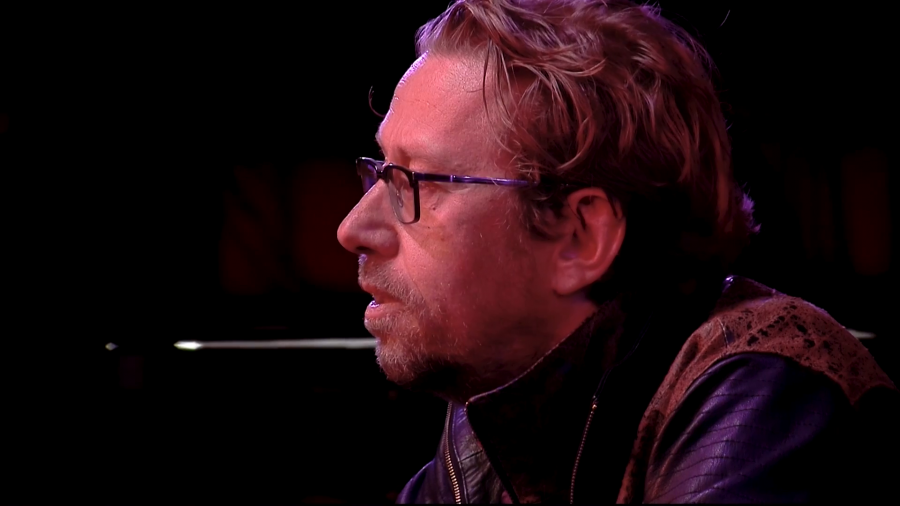There’s always been this strain, particularly in American politics, a skepticism about politicians. We’re in one of these periods where there is such skepticism, but it runs deeper.
Archive (Page 1 of 2)
We’re in an era of overlapping crises, and I think that’s what makes it sort of unique. We’re aware of the financial aspect, which is sort of exponential increase in debt. We’re also aware that energy, the cost is going up because we’re reaching to deeper and more expensive reserves of energy, at least fossil fuels. So that’s another if not crisis then um… Well, actually it is a crisis, because the world we’ve constructed is based on cheap fossil fuels.
I personally think that we need to move beyond this sort of grow or die motivation that exists within the current economy. And I think that the cooperative model is suited to addressing those concerns, especially because the co-op model is geared toward serving member needs and not driven by profit at the end of the day. That is something that bodes well for the model in terms of sustainability.
To me…we all draw our satisfaction from what we ourselves have been able to do with our lives. And if somebody, some government or someone else is just giving to me, I’m not going to be a happy person.
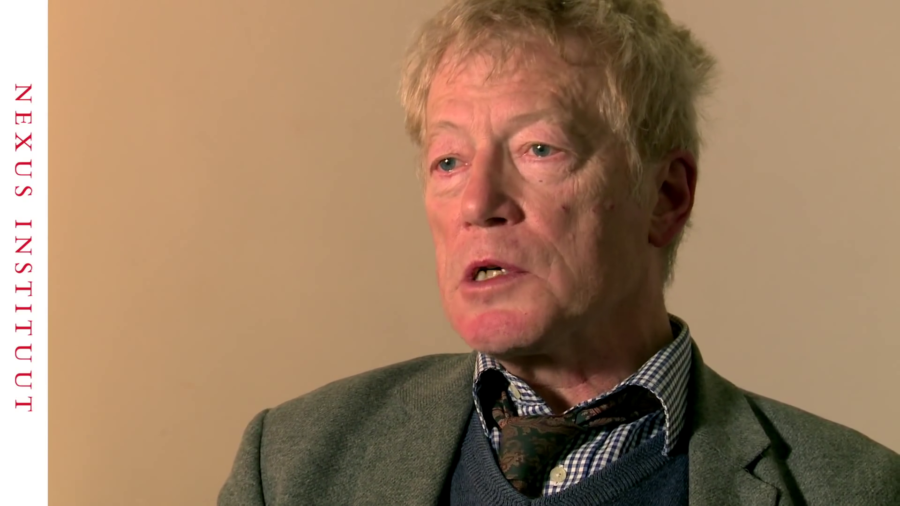
The 20th century was created by idealism. Communism and fascism and Nazism are all based on idealized systems, what the world should be ideally, and how it isn’t what it should be, and therefore we’re entitled to change it radically and take control of it in order to do so.
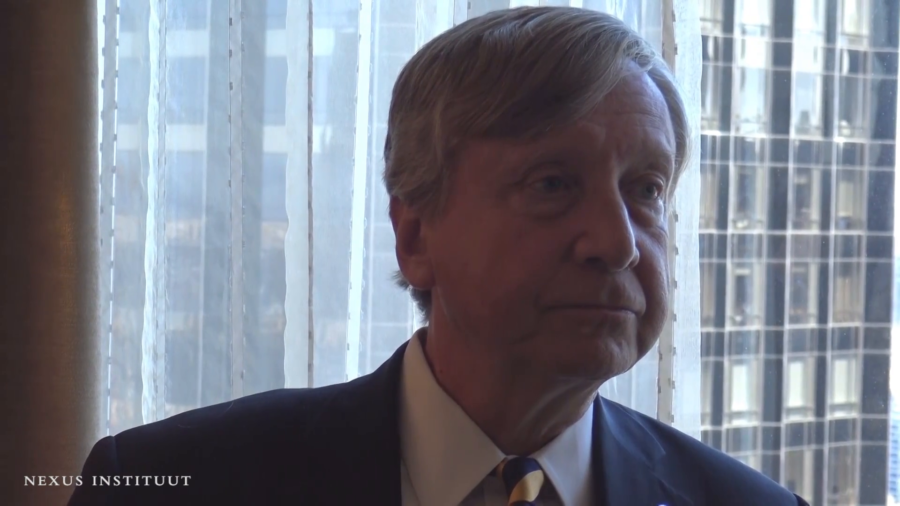
I don’t think we’ve had anybody quite like Donald Trump before, in terms of the politics of celebrity, which is what I think he’s really about. It’s not simply that he’s rich. We’ve had rich people in politics before. He’s not simply a businessman. We’ve had businessmen in politics before.
In 1962, the Food and Drug Administration approved the birth control pill. I would submit that that’s one of the four or five most transformative technological changes of the last millennium. Not just the last century. Because for the first time in the history of the world, half the people on Earth no longer have to depend on the other half for the arc of their lives.
I was at a party one time where I was talking to some guy who had been profiled by Adbusters because he was a big climate change guy. And he basically told me…that I needed to be making my own food, I needed to be making my own clothes. So you’re telling me that as a working mother going to school full-time, along with those responsibilities in which I am at home studying most the time, I should be making my daughter’s clothes. I should be whipping up meals from scratch. Um…no.

